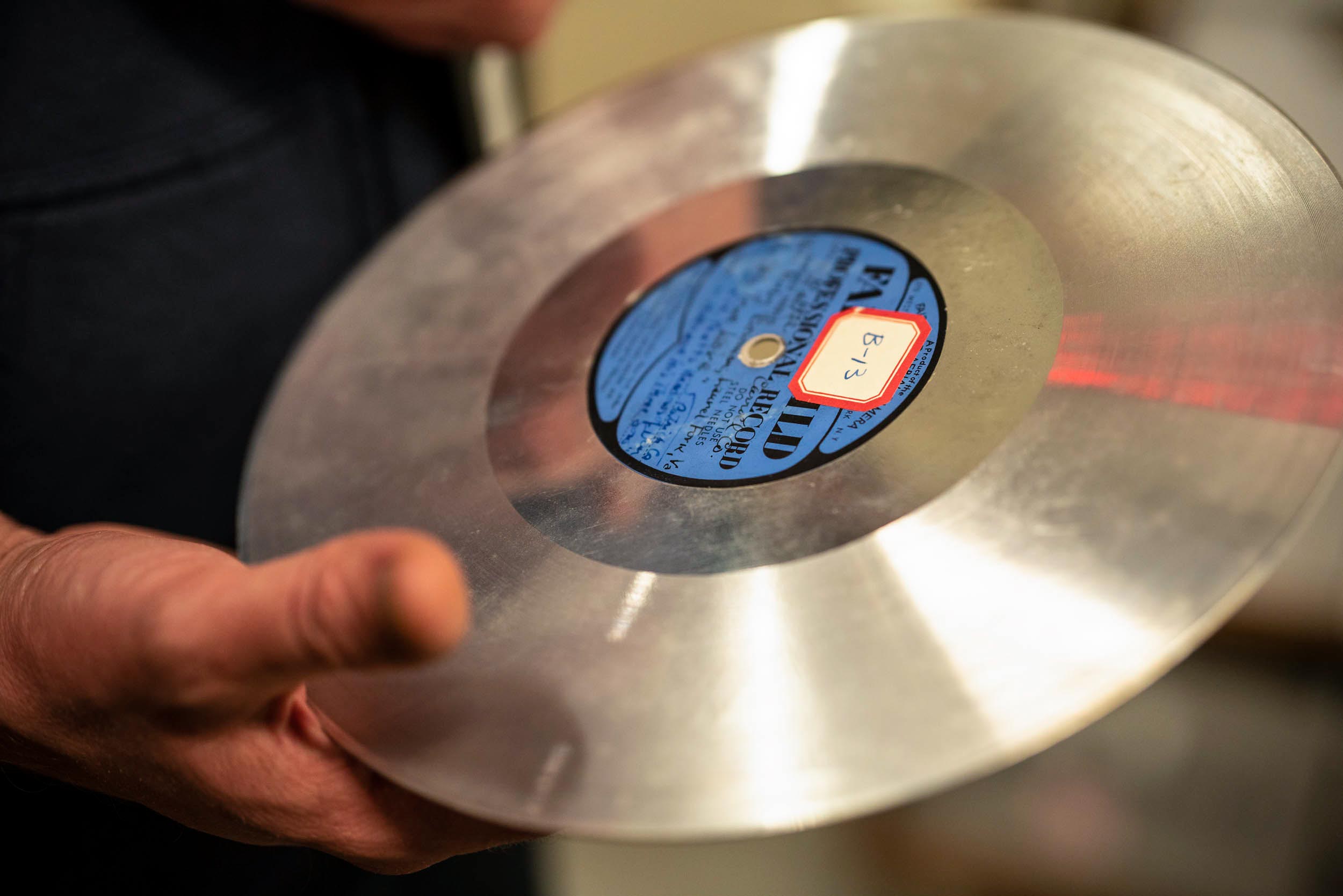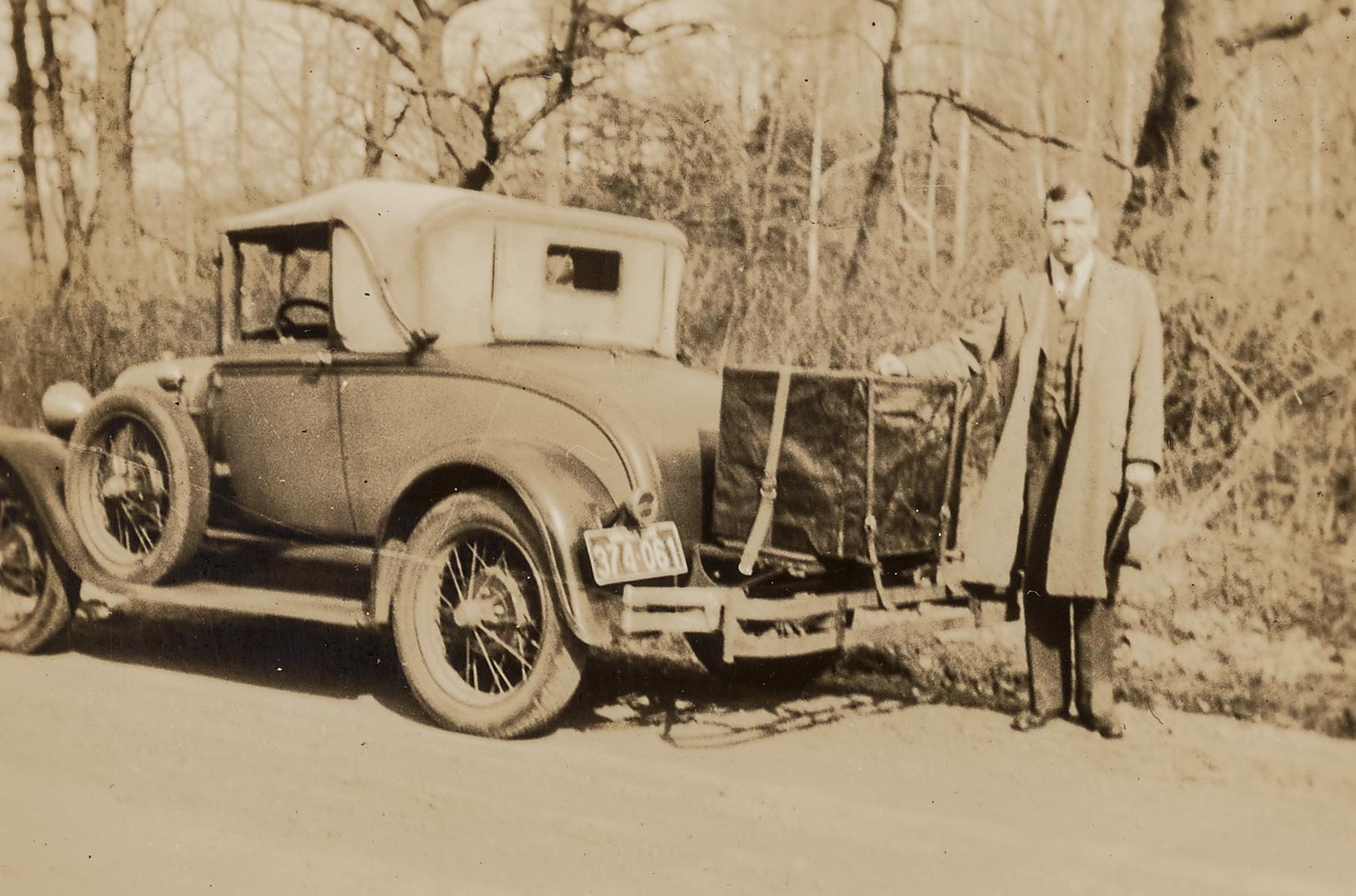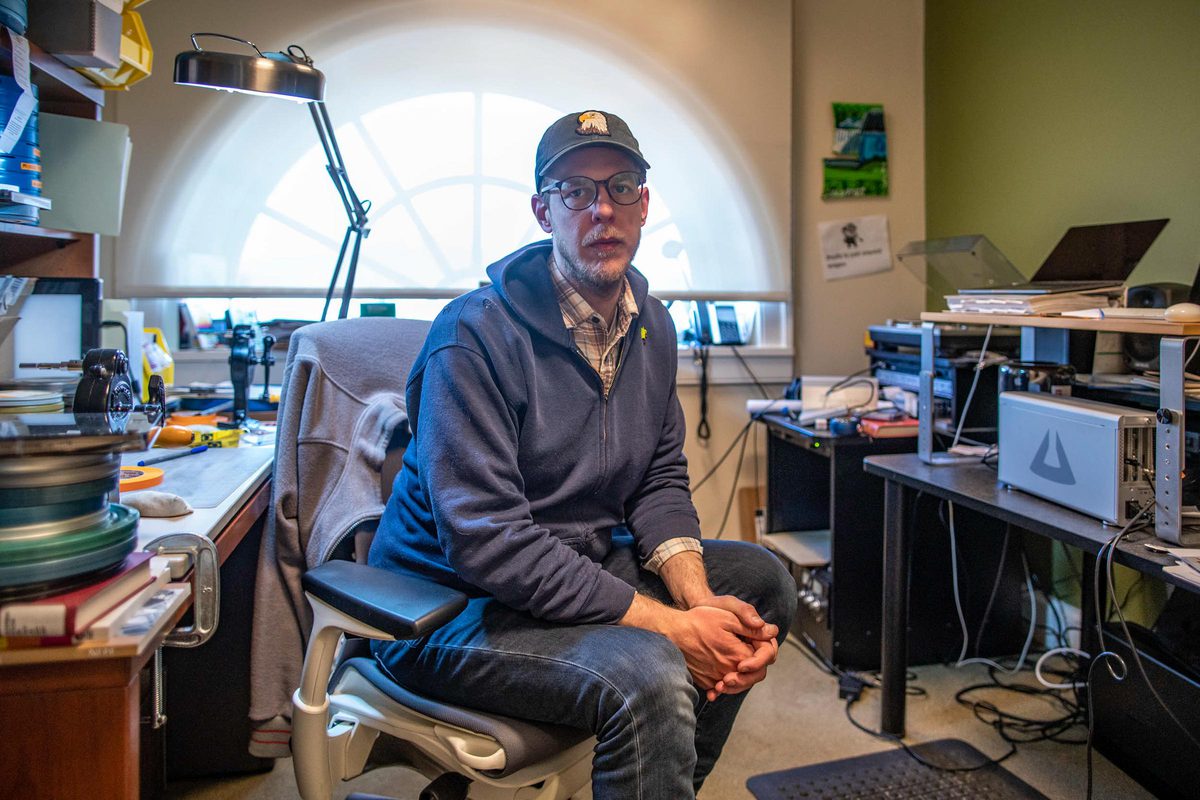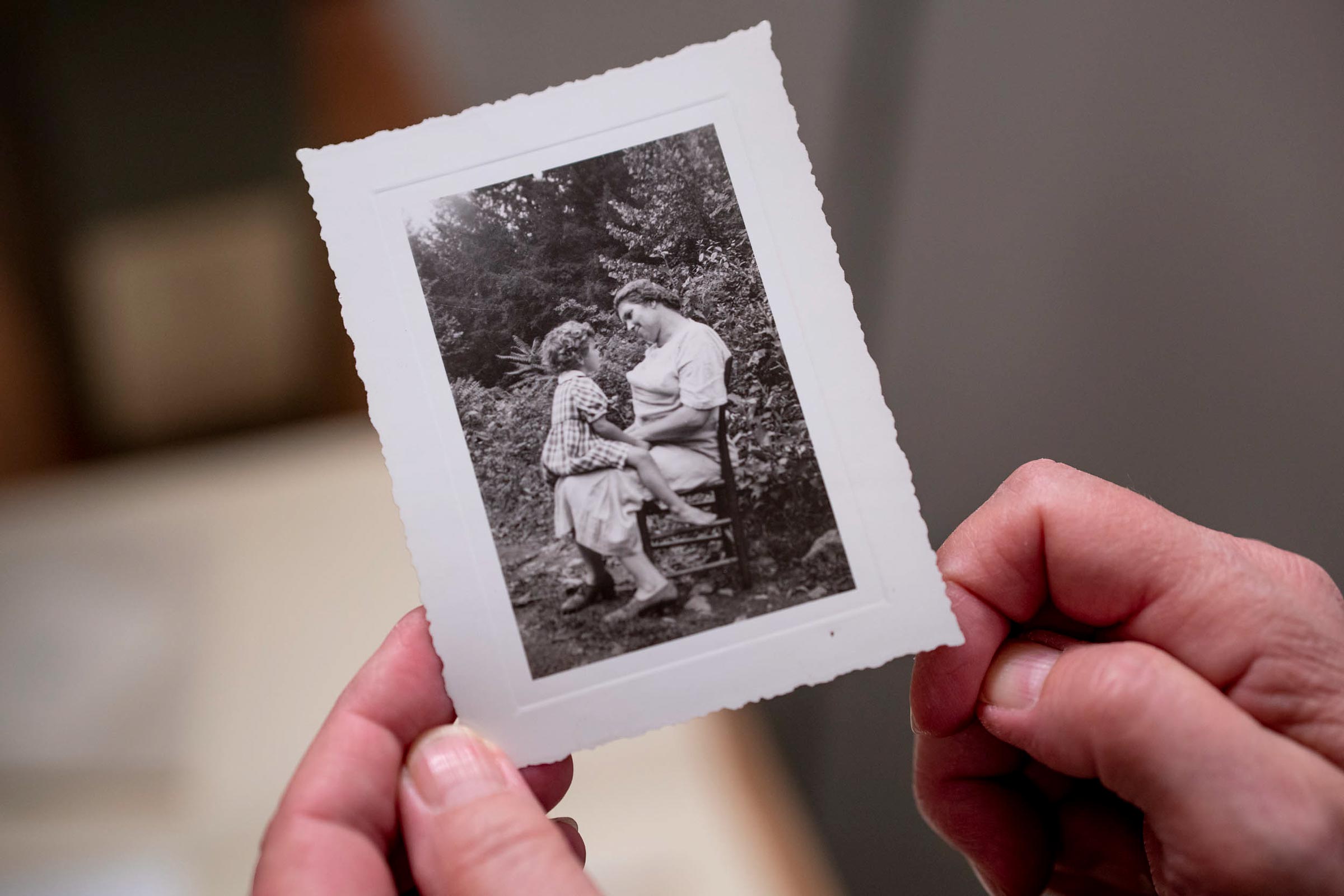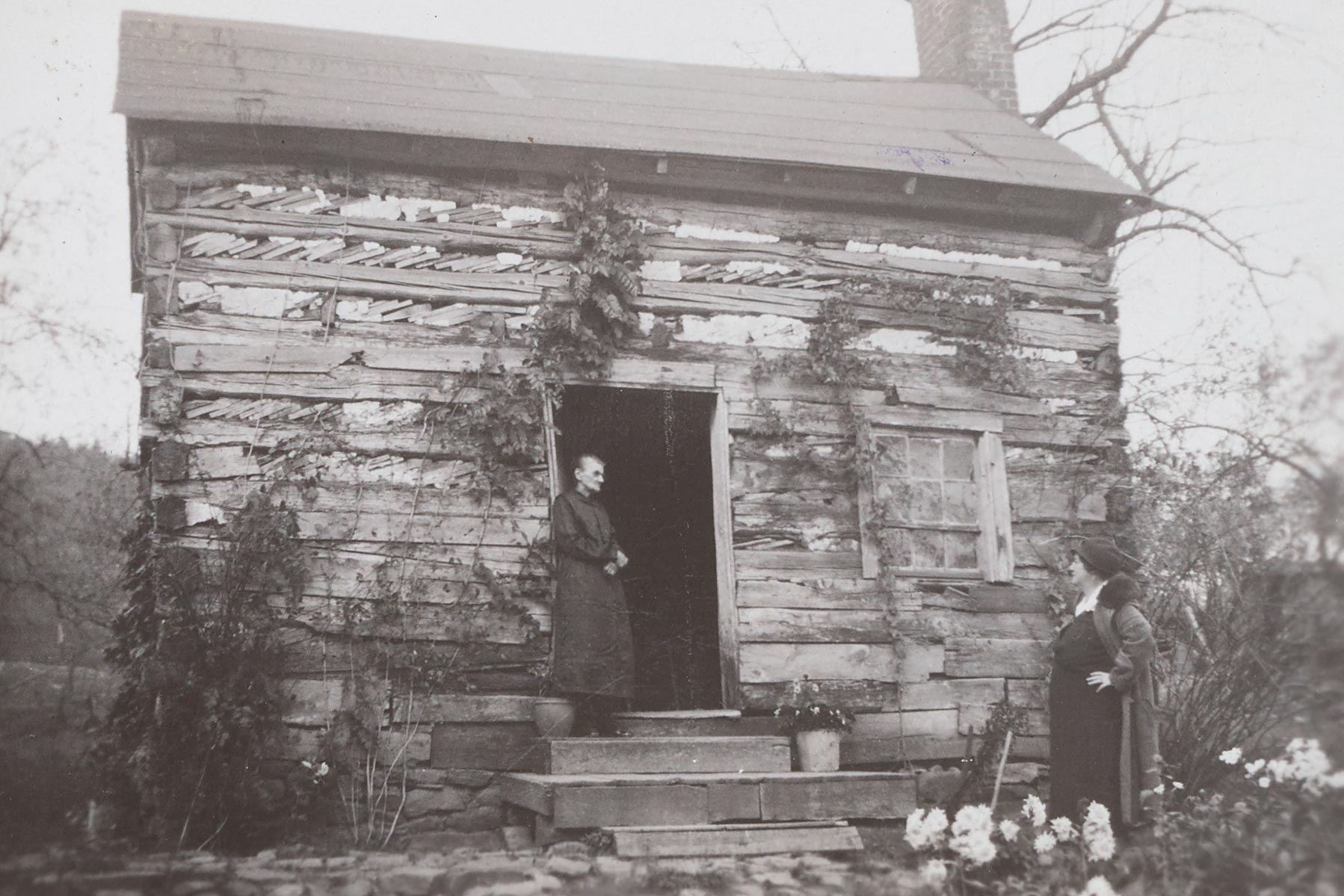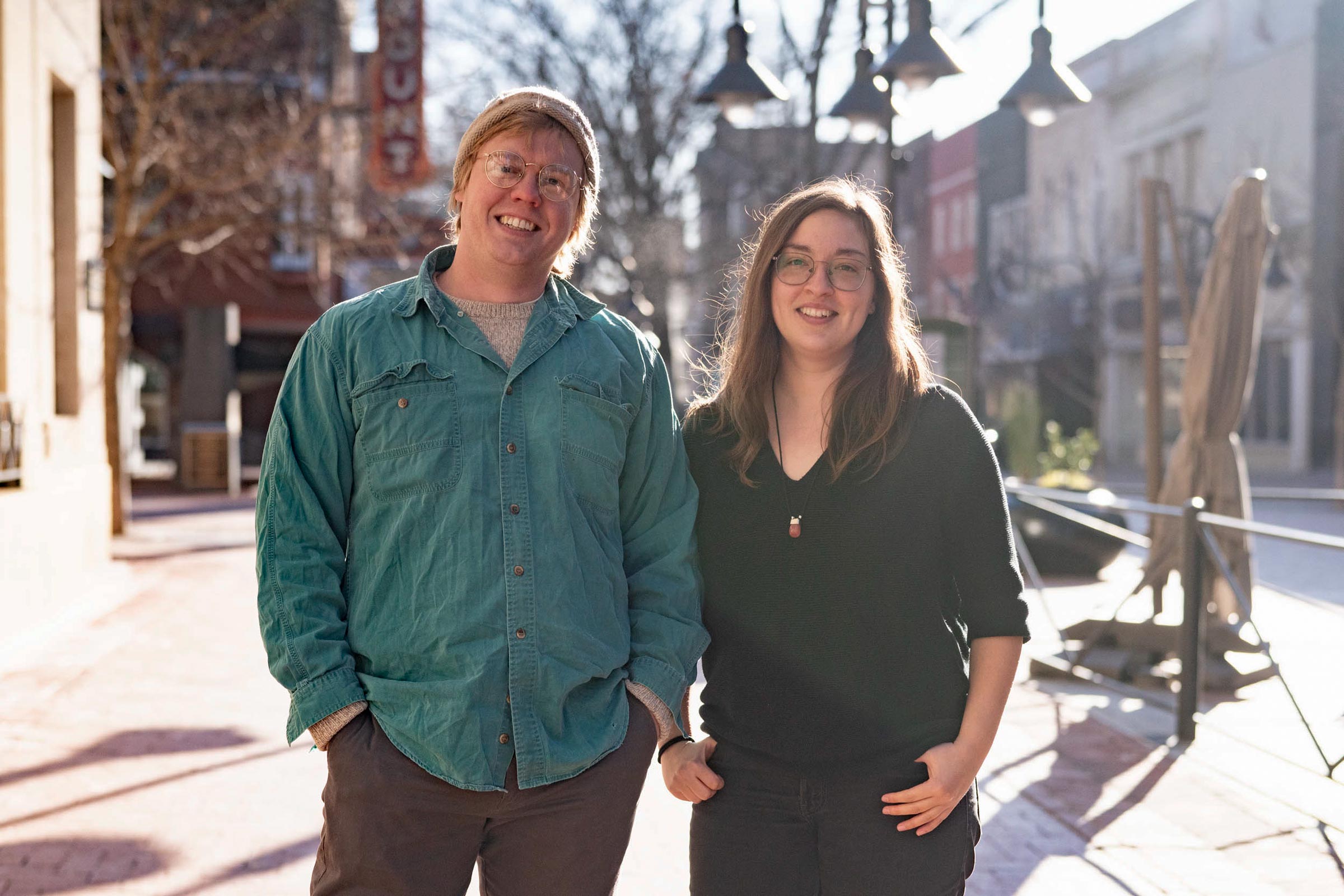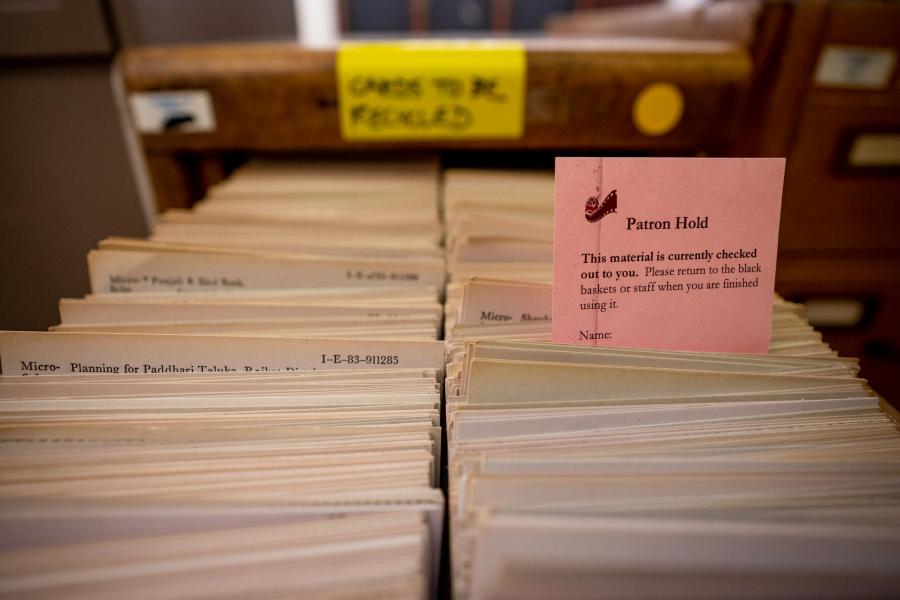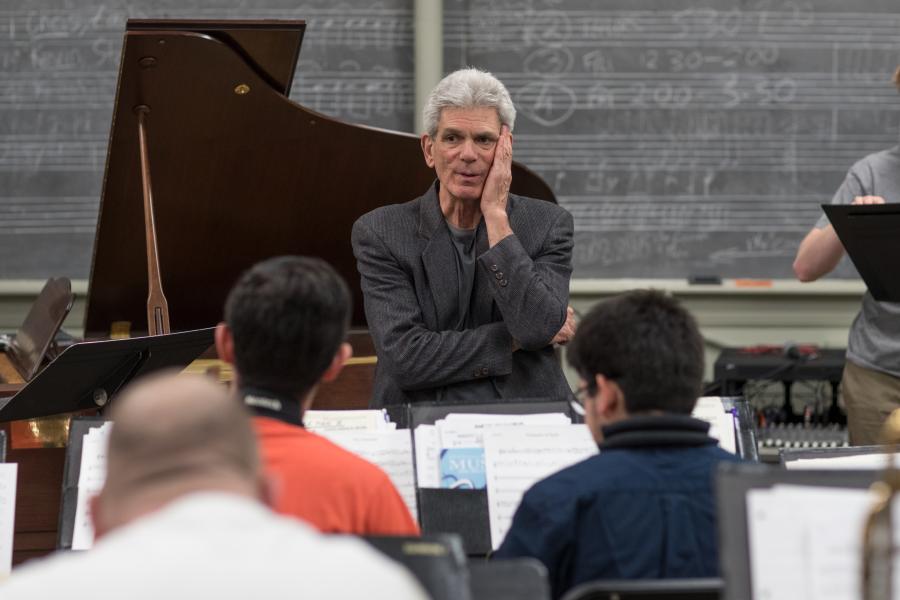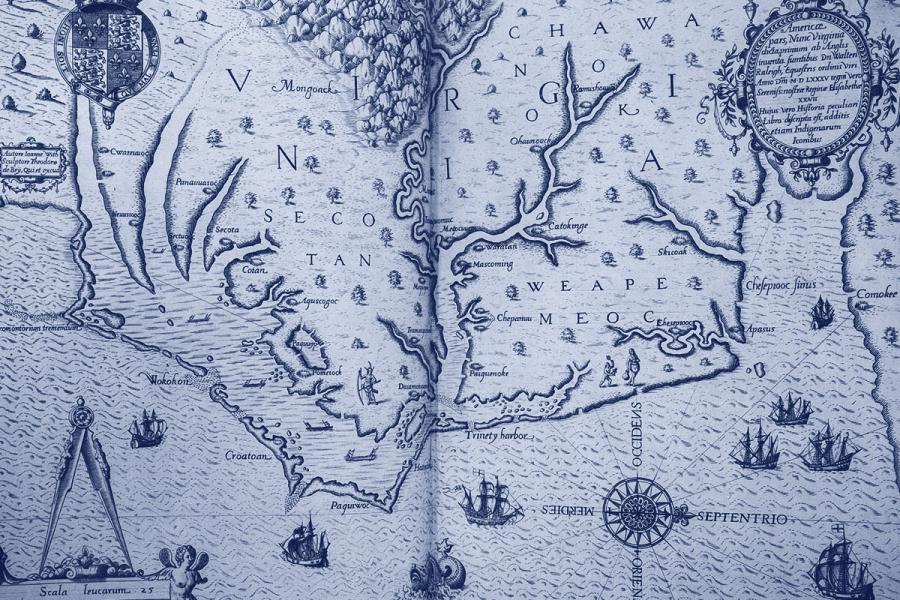Bachman found that an aspect of the society archives and the folksong recordings ties into the 21st century, he said.
“In addition to the teachers who were part of it, it was a community effort. People wrote to A.K. Davis from lots of places about the airs [another word for ballads] they knew about or sang,” he said, adding that he’d like to build that same kind of community again. He has shared many of the recordings with descendants of the singers, even organizing a reunion of the descendants of Texas Gladden and playing recordings of her singing.
“Barbara Allen” by Texas Gladden
The recordings are not remastered for pristine listening, however. The UVA Library has digitized the audio as is, per the preservation grant, so the recordings are not reproduced for high fidelity.
“The preservation grant expressly forbids mastering costs. Aluminum discs were a limited format in terms of sound quality to begin with,” Villereal said. “Lacquer discs sounded better and caught on when introduced after about 1934.”
One short-term goal might be to reproduce some of the songs in high fidelity. Bachman and Dye said they would love to work further with Villereal and plan to curate some raw tracks for a box set of CDs with extensive liner notes on the society and the performers. Such a document, they said, would be a valuable resource for those interested in Virginia music.
There are even more recordings and documents that could be digitized from the Virginia Folklore Society records and the Kevin Barry and Kelly Scott Perdue Archive of Traditional Culture, plus the rest of the Perdue papers, which the library is in the process of acquiring. Chuck Perdue died in 2010 and Nancy Martin-Perdue in 2017.
(To access the recordings, click here. To search the Virginia Folklore Society records, go to this site.)
After three generations of UVA professors, with the contributions of many students and other enthusiasts, kept the Virginia Folklore Society going, Dye and Bachman are interested in reviving it again. They request anyone interested in participating to contact them at aad9ga@virginia.edu or danilbachman@gmail.com.
